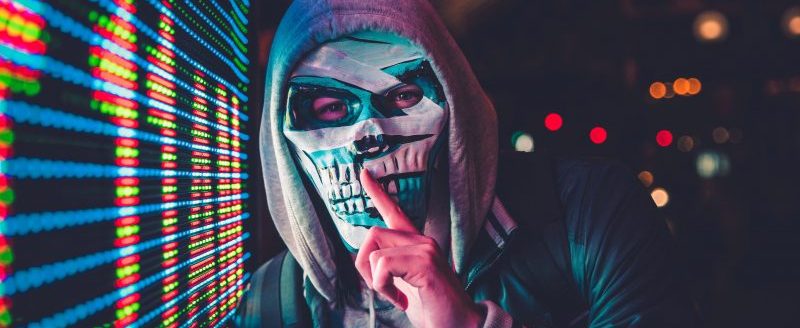A collection of current and former top federal officials shared some of their deepest fears about cybersecurity during a conference in Washington, D.C. this week.
Speaking during the 10th annual Billington Cybersecurity Conference, the five experts voiced grave concerns about a range of threats that could trouble national security for years to come.
Federal Chief Information Security Officer (CISO) Grant Schneider, for example, cited China as the greatest cybersecurity threat currently facing the U.S.
“They have clear means to get into and attack critical infrastructure, government systems, you name it,” he said Wednesday. “We’ve become so dependent on our IT. It also has the potential for catastrophic impacts once it’s compromised.”
Grant Touhill, who served as America’s first-ever federal CISO, also listed China a key source of anxiety for agencies at every level during an exclusive interview with GovLoop on Thursday.
“I think we have increasingly capable adversarial groups,” he said. “Nation-state actors are increasingly potent in their activities. I’m very concerned about China, Russia, Iran and North Korea.”
Touhill added that agencies nationwide should also be wary of criminal organizations, some of which might recruit seasoned hackers from foreign governments.
“I wouldn’t discount criminal actors,” he said. “The information that agencies have is of great value and can be commoditized. I’m also seeing criminal organizations highlight moonlighting nation-state actors. They’re all threats to federal agencies and state and local organizations.”
Lynne E. Parker, the Assistant Director of Artificial Intelligence (AI) in the White House’s Office of Science and Technology Policy (OSTP), raised the alarm about data poisoning while speaking on Wednesday.
Data poisoning involves tampering with data in any way, while AI involves computers imitating such human cognitive behaviors as learning and reasoning.
“The challenge of data isn’t just trying to wrangle it into a good form,” Parker said. “It’s also about whether you can trust it. How do you make sure that the data is pristine? That’s an extra challenge on top of having the data and the quality of the data.”
Dean Souleles, the Chief Technology Adviser to Office of the Director of National Intelligence’s (ODNI) Principal Deputy Director of National Intelligence, expressed worry about deepfakes on Wednesday.
Deepfakes use AI to synthesize images of humans, combining and superimposing new images and videos over original ones to create a seemingly realistic replacement.
“They’re parlor tricks right now,” Souleles said of deepfakes. “But if you look just far enough down the road, it has the implication of making it very hard to separate truth from fiction. If you can’t separate truth from fiction, you have a very big problem on your hands.”
Lt. Gen. John N.T. “Jack” Shanahan, the Director of the Defense Department’s (DoD) Joint Artificial Intelligence Center (JAIC), then called for greater defenses against AI on Wednesday.
“Trust is the center bar of what we’re trying to achieve,” he said of data. “We also need to be thinking about adversarial AI and counter-AI. Counter-AI is going to be a future we’ll all be in. It’ll be analogous to electronic warfare. It’s something that’s upon us now.”
Touhill, meanwhile, called cybersecurity a “national security issue” while speaking with GovLoop on Thursday.
“Information has value,” he said. “You need to be paying attention to the information you have. Understanding your value helps you make the right decisions about managing that risk. National security and national prosperity are intrinsically reliant on secure information technology infrastructure.”





Leave a Reply
You must be logged in to post a comment.